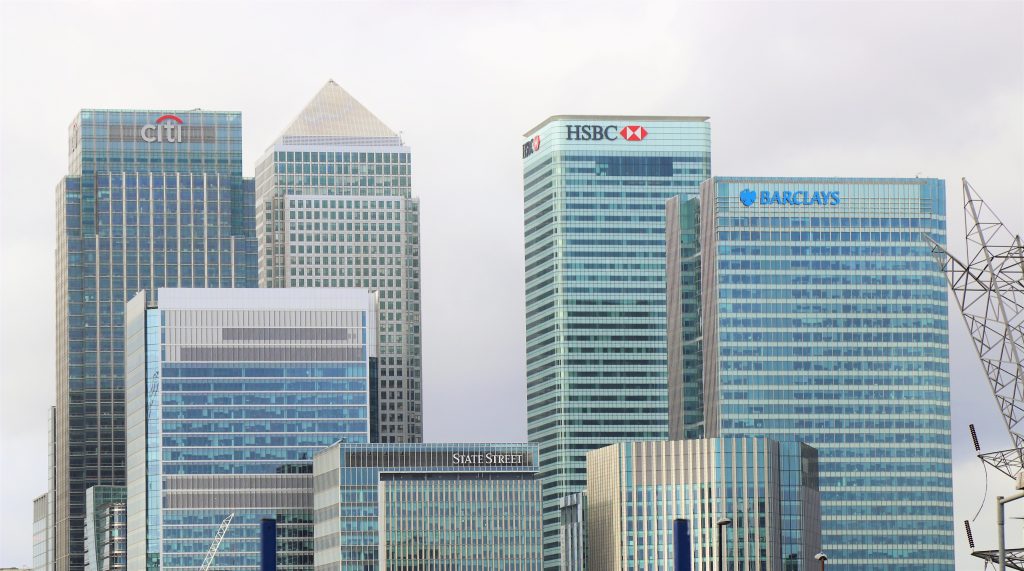Starting a business is an exciting endeavor that comes with its own set of challenges and triumphs. Whether you’re a budding entrepreneur or an aspiring business owner, understanding the timeline for starting a business is essential for effective planning and resource allocation. In this comprehensive guide, we will explore the various stages of the business startup journey and provide insights into how long it typically takes to transform your entrepreneurial vision into reality.

How Long Does It Take to Start a Business?
Planning Stage: Crafting the Blueprint
The journey of starting a business begins with a solid plan. During this stage, you’ll brainstorm ideas, conduct market research, and develop a comprehensive business plan. This blueprint outlines your business goals, target audience, competition analysis, and financial projections. Depending on the complexity of your business model, the planning stage can take anywhere from a few weeks to several months.
Legal and Regulatory Phase: Navigating Legalities
Registering your business, obtaining licenses, and complying with regulations are critical steps in the startup process. The duration of this phase varies based on your business structure and location. Sole proprietorships and partnerships may require less time, while forming a corporation or a limited liability company (LLC) can take a bit longer due to legal formalities.
Funding and Financing: Securing Resources
Securing funding is often a key factor in determining the timeline for starting a business. If you’re self-funding, this phase might be relatively quick. However, if you’re seeking investors or loans, it can extend the startup process. Pitching your business idea, negotiations, and due diligence can collectively take several weeks to a few months.
Product or Service Development: Creating Your Offering
Developing your product or service is a crucial aspect of the startup journey. The timeline depends on the complexity of what you’re offering. Creating a digital product might take less time compared to manufacturing a physical product. The development phase involves designing, prototyping, testing, and refining your offering to ensure it meets market demands.
Marketing and Branding: Building Visibility
Establishing your brand identity and creating a marketing strategy are essential for attracting customers. This phase includes designing your logo, developing a website, and crafting marketing materials. The time required can range from a few weeks for simple branding to a couple of months for a comprehensive marketing campaign.
Launch and Initial Operations: Opening the Doors
The moment you’ve been working towards has arrived—the launch of your business. This phase involves making your product or service available to customers, setting up operations, and initiating sales. The duration varies depending on the nature of your business, with online ventures often launching faster than brick-and-mortar establishments.
Growth and Expansion: Scaling Your Business
After the initial launch, your focus shifts to growing your customer base and expanding your business. This phase is ongoing and can extend over months and even years. Scaling may involve hiring additional staff, opening new locations, and diversifying your offerings.
Sustainability and Long-Term Success: Establishing a Legacy
Building a sustainable business that stands the test of time is the ultimate goal. Achieving this level of success requires continuous effort, adaptability, and innovation. While there’s no fixed time frame for this stage, consistently providing value to your customers and staying ahead of market trends contribute to your business’s longevity.
Learn more about how to start your own Kontota franchise.
FAQs
How long does it take to start a small online business?
Starting a small online business can take anywhere from a few months to a year. The timeline depends on factors like the complexity of the business model, product development, and digital marketing strategies.
Is it faster to start a service-based business compared to a product-based business?
In general, service-based businesses often have a quicker startup timeline compared to product-based businesses. Service offerings can be launched with minimal product development and manufacturing considerations.
Can the business startup timeline be accelerated?
Yes, by having a clear plan, efficient execution, and adequate resources, you can expedite the startup process. However, certain stages like legal requirements and product development have inherent time constraints.
What are some common factors that can delay the business startup process?
Delays can occur due to regulatory approvals, difficulties in securing funding, unexpected challenges in product development, and unanticipated legal complexities.
Is there a guaranteed formula for business success?
While there’s no foolproof formula, a strong business plan, market research, adaptability, and a commitment to delivering value can significantly increase your chances of success.
How long until I can expect to see profits from my business?
Profit timelines vary widely based on factors such as industry, market demand, and your business’s growth strategy. It’s not uncommon for businesses to take a year or more to achieve consistent profitability.

Embarking on the journey of starting a business is both rewarding and demanding. The timeline for starting a business varies based on factors such as business model, industry, and individual circumstances. By understanding the stages involved and the time frames associated with each, you can set realistic expectations and navigate the path to entrepreneurial success with confidence.
Read more blog posts!


